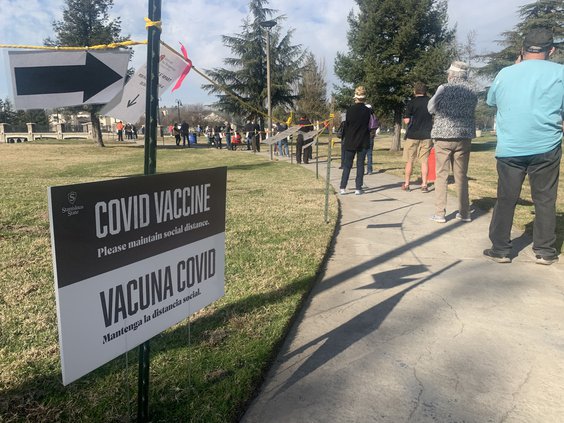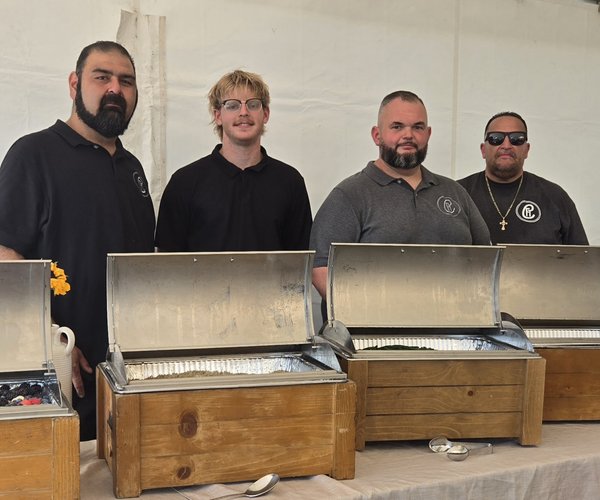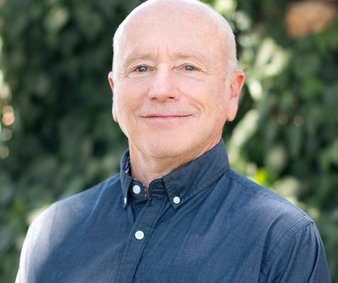It's no April Fool's Day joke that starting on Thursday all Californians 50 years and older can get the COVID-19 vaccine.
On April 15, the vaccine expansion will grow to include all California residents 16 years of age or older, according to the California Department of Public Health.
California Gov. Gavin Newsom announced the vaccine expansion Thursday in Southern California, saying it was based on the federal government increasing the supply of COVID-19 vaccines.
“In just a few weeks, there’ll be no rules, no limitations, as it relates to the ability to get a vaccine administered,” Newsom said at a news conference in Orange County. “This state is going to come roaring back.”
California has recently been getting approximately 1.8 million vaccine doses each week. The first half of April will see that number rise to 2.5 million a week and then grow to 3 million a week in the last half of the month.
As of Friday, Stanislaus County has received 176,870 COVID-19 vaccine doses. This number does not include vaccines provided directly to hospitals and long-term care facilities. With more vaccine doses coming to meet the expansion, the Stanislaus County Health services Agency expects to open the clinics in Turlock and Modesto for additional days.
With the expansion of vaccines, the California Department of Public health released new guidelines for outdoor venues, amusement parks and graduation ceremonies.
Amusement and theme parks, outdoor venues like ballparks, stadiums and live performance sites can open starting Thursday with significantly reduced capacity, fixed seating, mandatory masking and other public health precautions. All the venues will have to use assigned seating to permit physical distancing of at least 6 feet between people from different households. Customer groups will be limited to three household units. Perhaps the hardest guideline will be that audiences will be discouraged from yelling, singing, chanting, booing, use of noise makers that require the exhalation of air (e.g., vuvuzelas), and other similar practices that may increase the likelihood of transmission from contaminated exhaled droplets and aerosols.
For venues in the purple tier, they will be allowed to open, but have to limit attendance to 100 people, regardless of venue size. It also will only be open to regional spectators who live with 120 miles of the venue. Venues are not permitted to sell tickets on the day of the event or at the door. Advanced ticket reservations only and at the time a guest purchases tickets, the operator must obtain an attestation that the guest’s block of seat reservations contains no more than one household and that the guest, and all members of the guest’s party are travelling no greater than 120 miles to attend. All concessions must be closed.
For venues in the red tier, attendance will be open to 20% of the capacity with suites limited to 25% capacity. It will only be open to California residents and tickets must be purchased in advance. At the time a guest purchases tickets, the operator must obtain an attestation that the guest’s block of seat reservations contains no more than one household and that the guest, and all members of the guest’s party will be in-state visitors.
Food and drink concessions at outdoor venues must be delivered to guests in their seats or delivered to designated guest pick-up areas. Indoor concessions and concourse sales must be closed.
For venues in the orange tier attendance is open to 33% capacity and suites at 25%. Venues may increase attendance capacity to 67% if all guests show a negative test result within the 72 hours prior to attendance or show proof of full vaccination. Tickets must be purchased in advance and will only be open to California residents. Food and drink concessions at outdoor venues must be delivered to guests in their seats or delivered to designated guest pick-up areas. Indoor concessions and concourse sales must be closed, except for designated seated dining areas that operate at no greater than 50% of capacity.
For graduation ceremonies, the CDPH has specific guidelines regarding travel, lodgings, grounds and grades. For all commencement ceremonies all attendees, including school staff, performers, students and families are counted toward any occupancy capacity limit. If multiple ceremonies are planned for a single day, schools must allow for at least two hours between ceremonies to prevent mixing across attendees and limit attendee groups to a household unit. People from the same household do not need to be six feet apart. Audience seating must be fixed or marked, with readily identifiable signs to indicate by section, row, and seat. Marked seats must clearly define space for individuals with appropriate space per person (no blanket reservations or group areas).
Until Thursday, when people 50 and over can get vaccinated, Stanislaus County will continue vaccinating all those already eligible. This includes healthcare workers, long-term care workers, people aged 65 and over, people with medical conditions and disabilities and workers in education, childcare, food, agriculture, emergency services, public transit and janitorial and custodial services.
As of Friday, Stanislaus County has recorded 52,392 COVID-19 cases and 992 deaths.
People can visit schsa.org/coronavirus/vaccine/ to view the options to get vaccinated, or call (209)558‐7535 for more information.









